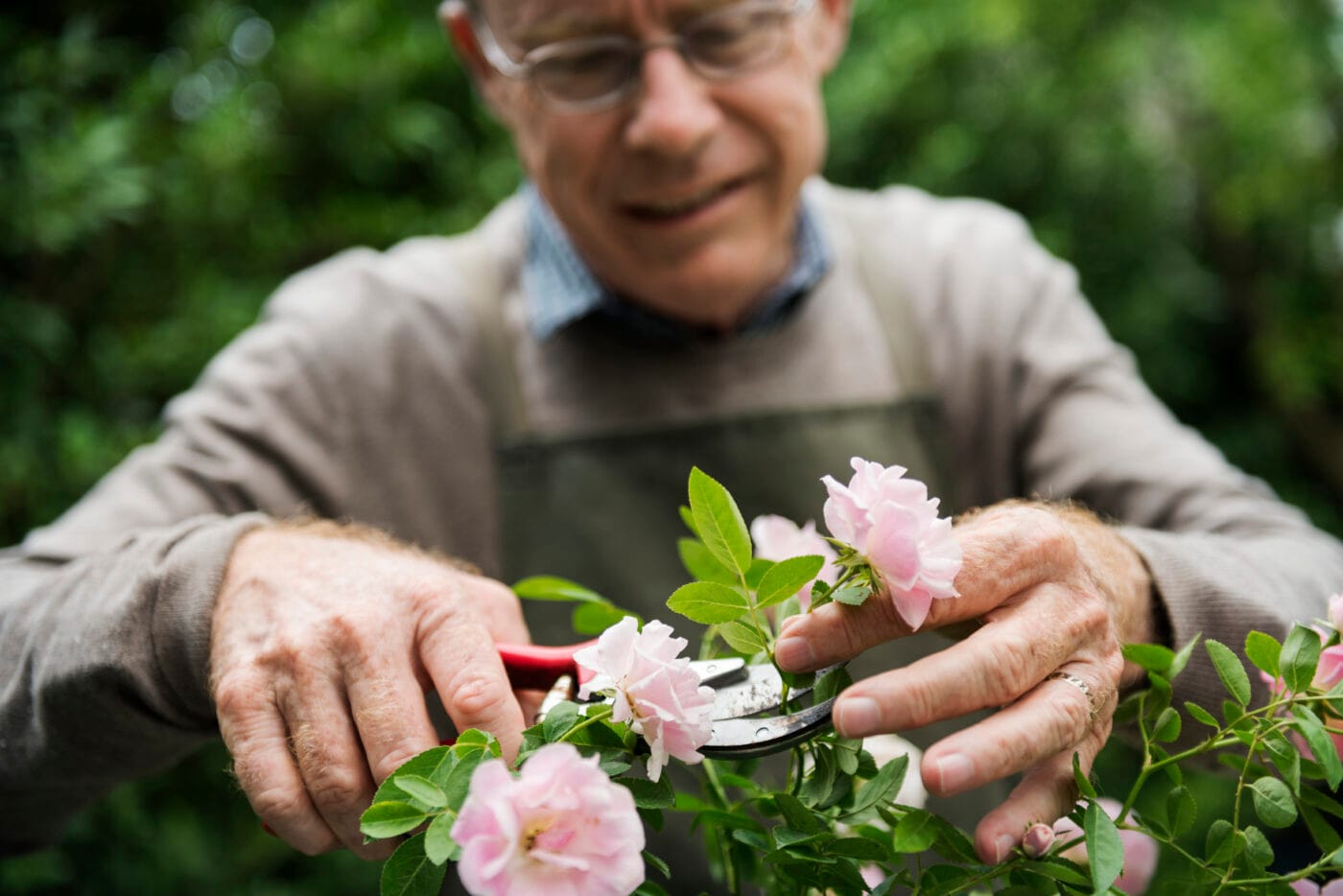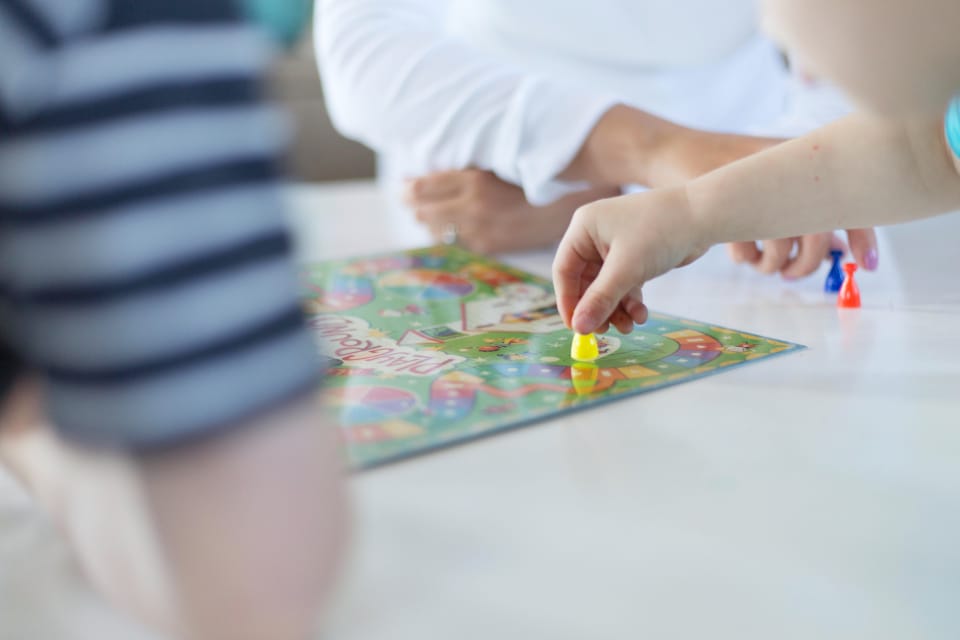An individual’s neurological and cognitive ability to coordinate their motor and sensory systems is vital to their ability to respond to environmental stimuli, plan movements, control their bodies movement and problem solve, all of which are essential components of falls prevention. Many simple and enjoyable activities around the home and community can help older adults stimulate the brain and improve mental fitness.
Staying social is also vital for a healthy mind, and it is an excellent way for older adults to make social connections in the local community.
Assessing cognition is common when screening for falls risk and there are many different cognitive screening tools available.
How can I help older adults keep a healthy mind?
Activities that work to stimulate the brain and improve mental fitness will assist older adults in keeping a healthy mind, including:
- Participating in daily routines and activities
- Keeping socially active by joining a social group and engaging in the company of others
- Boosting memory by using memory games or triggers or memorising shortlists
- Taking up a new hobby (e.g. playing an instrument, learning a new language, knitting, drawing, scrapbooking, writing or gardening)
- Playing games with the grandkids
- Completing safe do-it-yourself (DIY) projects
- Completing crossword puzzles and word games
- Reading newspapers, books and magazines
- Playing thinking games like chess, scrabble and cards.



The importance of physical activity
Physical activity maintains and enhances cognition across the lifespan and there is promising evidence that exercise programs can reduce the falls risk of individuals with a cognitive impairment. Participation in aerobic exercise and progressive resistance exercise improves the performance of brain regions responsible for functions such as selective attention and conflict resolution. These types of exercise should be incorporated into existing balance and strength-focused falls prevention interventions.
Social support
Family, friends and carers can play an important role in keeping a healthy mind by providing social support and encouraging older adults to stay connected with their community. Activities such as having dinner with family, joining a book club, going to community events and getting involved in social groups can provide older adults with social interaction and belonging.


